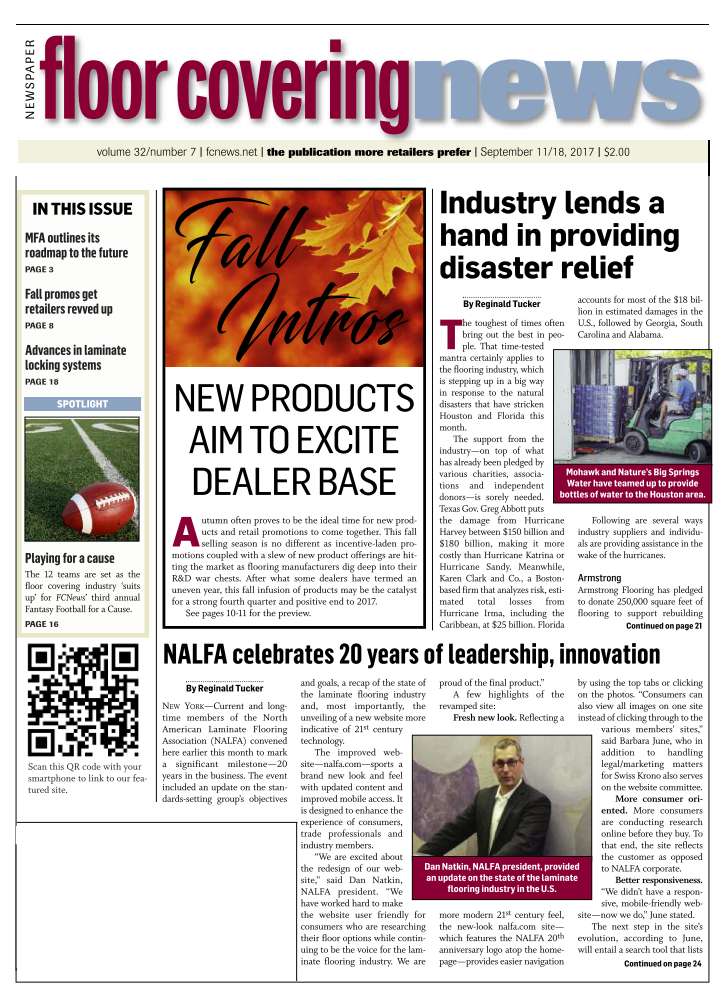September 11/18, 2017: Volume 32, Issue 7
By Roman Basi
We all know the old saying, “Leave it to the experts.” Well, several recent estate tax cases clearly show us individuals who set up estates but are not specialists can create a lot of problems for their clients. Attorneys, accountants and other professionals that do not specialize in this area of the law are warned their actions might hurt clients instead of help them.
In illustration: A recent IRS case said a family member who had a power of attorney could not change a revocable trust and set up a limited partnership one week prior to the death of the father to remove the value of the assets out of the father’s estate. The court held the transaction was illusory and the full value of the business would be included in the estate. With an estate tax exemption of $5,490,000 at the federal level and potentially significantly lower ones at the state level, this can result in an estate tax that puts the business into bankruptcy or into a forced sale. In particular, estates in New York, Illinois, Massachusetts, New Jersey and Connecticut are reportedly where the greatest amount of estate tax is paid.
Another case involved an attorney who didn’t comply with deadlines in filing estate taxes. The tax court held that reliance on the attorney was reasonable and no penalty or interest would be due. The attorney even had the estate pay more taxes than were due on the tax return.
Remember this: Just because you get advice doesn’t mean you are going to get away with an unreasonable position. Take, for example, the case where an estate was liable for late filing and late payment penalties because it relied on an attorney who had committed malpractice in representing the estate. The court held that reliance on such an attorney was not reasonable cause for late payments.
Attorneys are not the only ones who have erred. An accountant handling an estate for someone who did not owe estate taxes failed to file a tax return. As a result, the qualified election for property to a spouse was lost. In the end, the court granted extra time to make the election so the surviving spouse did not have to pay extra taxes.
In another case involving taxes, a father had his sons create a new business that sold the equipment the father’s company manufactured. The “expert” in this case advised the sons’ company should hold the technology for the manufacturing. However, the expert advisor did not follow up and see that legal documents were created to actually transfer the technology to the sons’ company. Accordingly, the tax court concluded the transfer did not really exist, and the expert’s opinions were summarily disregarded. The result was a very high value on the father’s manufacturing company, which was determined to own the manufacturing technology, and this raised the total value of the father’s estate.
This is a very common problem I see in estate planning whereby plans are created, but the actual transfer of legal title of the assets does not always occur. In fact Illinois recently passed a law that allowed for a trust to be the constructive owner of a property that was not actually deeded into the trust—so long as the intent was to transfer the property into said trust. It happens so often that Illinois had to create a law to help advisors who do not follow through.
In my next column, I will discuss other implications of poor estate planning.
Roman Basi is an attorney and CPA with the firm Basi, Basi & Associates at The Center for Financial, Legal & Tax Planning. He writes frequently on issues facing business owners.

